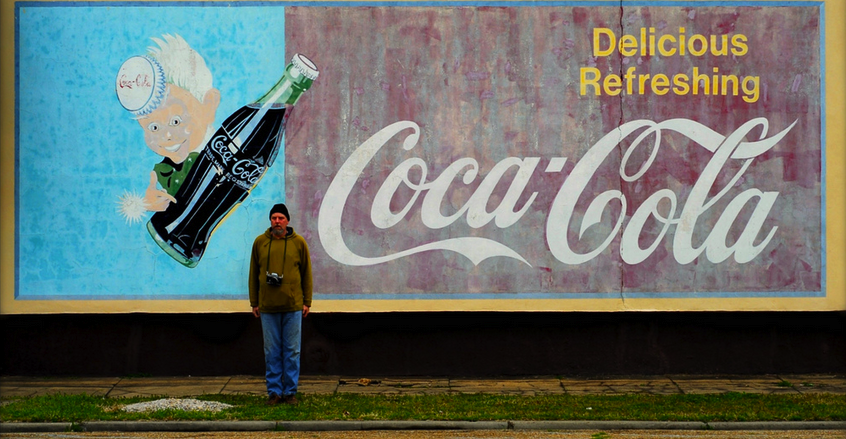Appeals Court Shuts Down New York City’s Attack On Big Soda
Earlier this summer, the administration of new Mayor Bill de Blasio appealed the lower court ruling, which called the city’s proposed ban on the sale of sugary drinks larger than 16 ounces “arbitrary and capricious.”
Part of the issue is that the city’s Health Department only has oversight of certain locations where large sodas could be sold, meaning that the new rule would impact restaurants, parks, and bodegas, but not in supermarkets.
Additionally, the ban did not apply universally to all high-calorie drinks, leaving the court to wonder whether it would, if allowed, have the full desired effect of combating obesity in the city.
In its decision [PDF], the appeals court agreed with the lower court’s ruling that the city’s Board of Health “exceeded the scope of its regulatory authority” and “engaged in law-making and thus infringed upon the legislative jurisdiction of the City Council of New York.”
The court concluded that the only way for the city to enact a ban on the sale of sugary drinks is through legislative efforts. And since neither the city nor state government had enacted any legislation related to the matters dealt with in the big-soda ban, the Board of Health “created the Portion Cap Rule on a ‘clean slate,’ and was not merely conducting permissible interstitial rule-making.”
According to the ruling, the city’s charter makes it clear that the City Council is the sole legislative body of New York City, and that the Board of Health’s rule-making authority is limited to the creation of a Health Code.
“[I]t is unclear what the law in New York City would be were the Board to pass a health ‘law’ that directly conflicted with a local law of the City Council,” writes the court. “In short, it is clear from the Charter that the Board’s authority, like that of any other administrative agency, is restricted to promulgating ‘rules necessary to carry out the powers and duties delegated to it by or pursuant to federal, state or local law.'”
In explaining the difference between policy-making and rule-making, the court gives the examples of a government agency regulating the purity of drinking water, or banning lead paint. These decisions, according to the court, involve choices that “are not very difficult or complex… because the connection of the regulation with the preservation of health and safety is very direct” and there is “minimal interference with the personal autonomy of those whose health is being protected.”
On the other side of the coin is when a regulatory agency aims to ban sugary drinks or discourage their consumption. That sort of decision raises choices that are “difficult, intricate and controversial issues of social policy,” contends the court.
“Few people would wish to risk the physical safety of their children who play near high-rise apartment windows for the sake of unobstructed views,” reads the opinion. “However, the number of people who over-indulge in sugary drinks, at a risk to their health, is clearly significant. An agency that adopts a regulation, such as the Portion Cap Rule or an outright prohibition of sugary beverages, that interferes with commonplace daily activities preferred by large numbers of people must necessarily wrestle with complex value judgments concerning personal autonomy and economics. That is policy-making, not rule-making.”
Today’s decision is not being applauded by some public health advocates who had hoped that a ban on big sodas would help curb the obesity epidemic that faces this country.
“Curbing the size of sodas to 16 ounces is a sensible public health measure that New York City’s health department was courageous to propose,” says Jim O’Hara, Health Promotion Policy Director for the Center for Science in the Public Interest. “Soda and other sugar drinks promote diabetes, heart disease, obesity, and other health problems, and reducing consumption of these nutritionally worthless products must be a top priority for New York City and health departments around the country. It’s disappointing that the Court of Appeals saw things differently. But we hope boards of health, city councils, state legislatures, and even Congress will consider taxes, warning labels, and other policies aimed at reducing soda-related diseases.”
Want more consumer news? Visit our parent organization, Consumer Reports, for the latest on scams, recalls, and other consumer issues.


